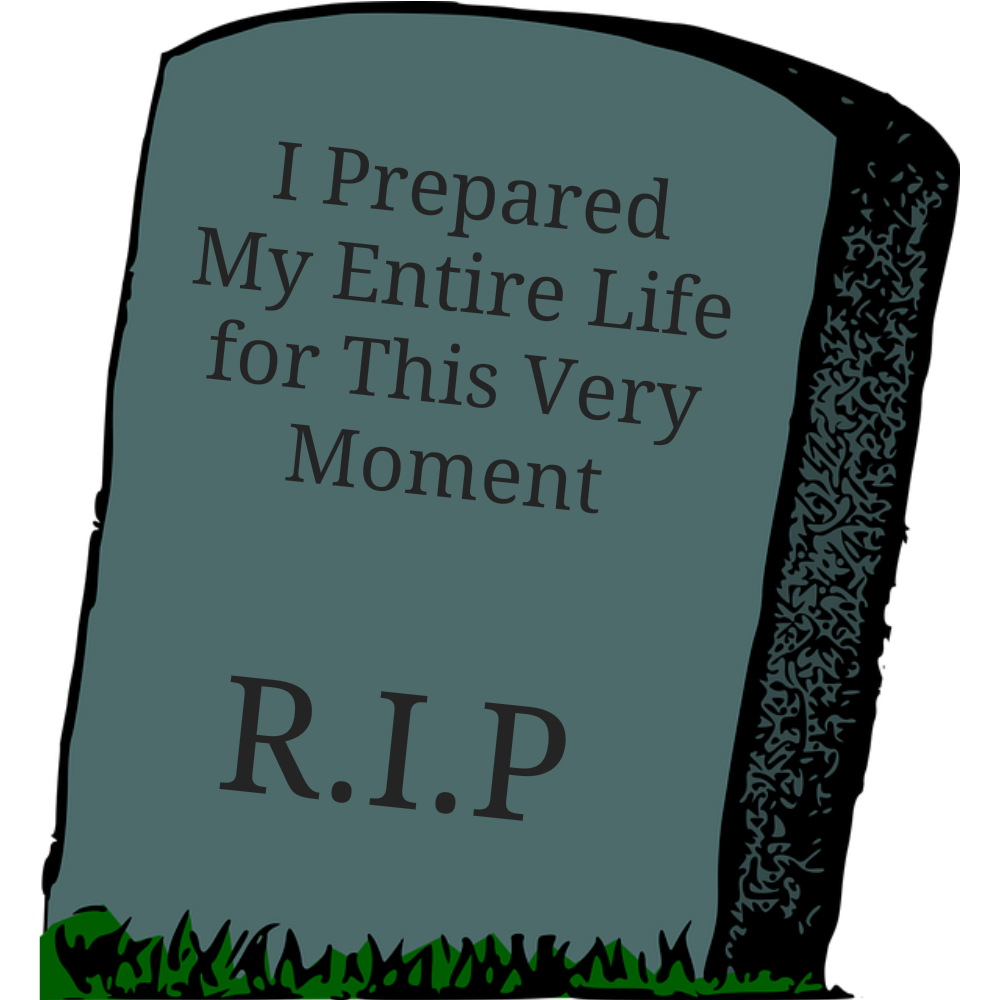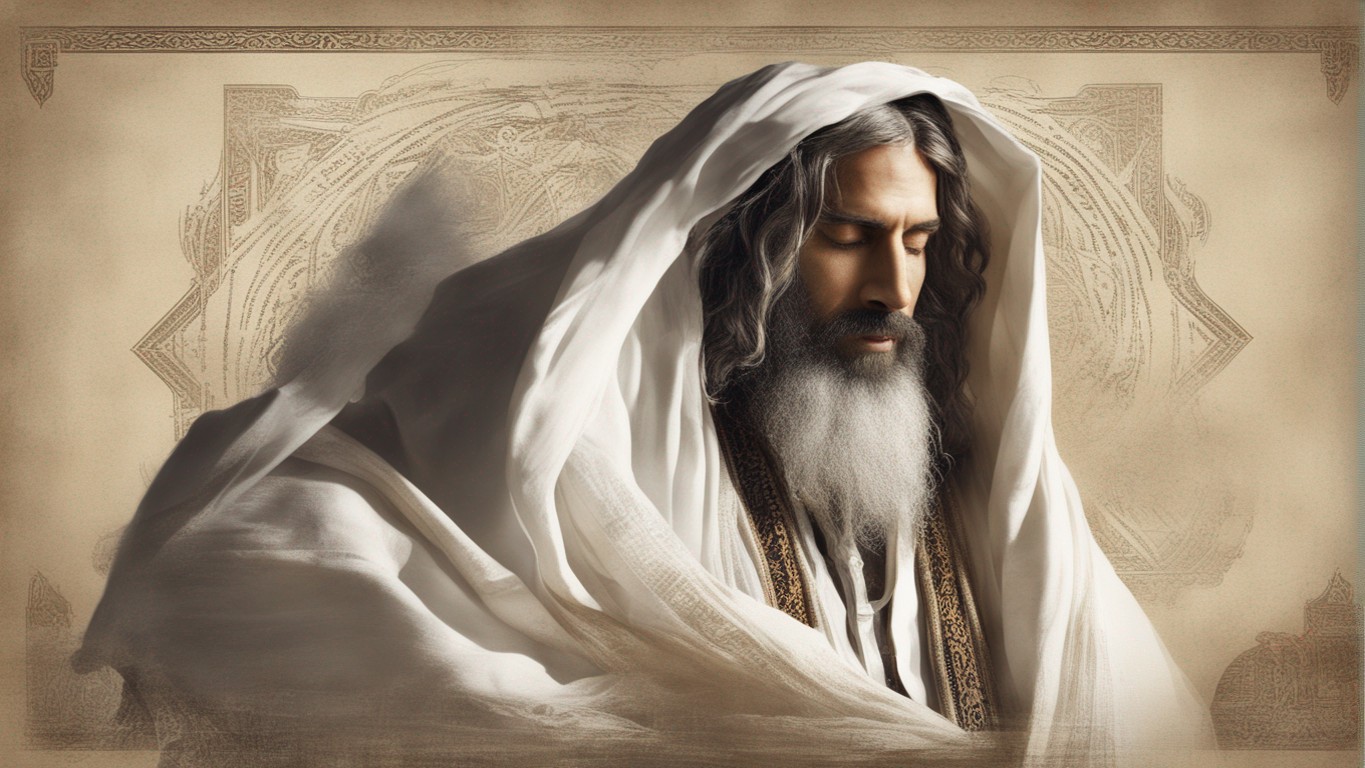Have you ever thought about how your life fits into the big picture of God’s plan? What piece of the puzzle are you? Where are you in the story of creation? In the Book of Life? Every Tishri 1 (on the Jewish Calendar) is an appointed time called Rosh Hashanah. Rabbis say this day was the 1st day of Creation; it is the world’s birthday. It is also called a day of judgment. The word judgment can mean “to come to a sensible conclusion.” Rosh Hashanah is also decision day when Heaven decides what is going to happen to you for the upcoming year. According to Rabbi David Fohrman, Rosh Hashanah is not only a day of judgment, but also about three other topics that are in the Jewish prayers for that day: kingship, memory, and blowing the shofar. Rosh Hashanah is a day to celebrate the King, to know God has good memories of us in His story of creation, and for Israel to remember the voice of God at Mount Sinai when God gave the Torah. The blowing of the shofar is referenced in Exodus 19:16.
If you are living a life of repentance, then judgment day should not have a bad outcome at all. It is the day a verdict will be made by God on your life, and that verdict is based on a sensible conclusion of how you repented in this life. You can either take responsibility for your actions and make corrections, or you can blame others for your results. Many people say the original sin was eating of the tree of knowledge of good and evil, but what about the sin of being ungrateful for having everything else and still wanting more? Adam and Eve had everything except one thing, fruit from the tree, and they still wanted that one thing they could not have. When Adam sinned in the Garden of Eden he was not even grateful for Eve, and he tried to blame God for creating her (Genesis 3:12). Rabbi Fohrman explains how after that sin they could not even look at themselves because of the evil they then knew about themselves, and they recognized they were naked and had to cover up. That day was ‘Judgment Day’ for them – a sensible conclusion had been made, and they now had to live in sin for their deeds. What happened to Adam and Eve is ironic because in Deuteronomy 28:45-47 it says that the curses come “because you did not serve the Lord your God with joyfulness and gladness of heart.” Curses come because we want more and are ungrateful for what we have. Aleph Beta has a great explanation of the curses. The results of our life will either be – we will reign with Messiah on this earth for 1000 years (the Messianic Kingdom), or we will be judged at the end of the 1000 years (Revelation 20).
Revelation 20:12 says, “And I saw the dead, great and small, standing before the throne, and books were opened. Then another book was opened, which is the book of life. And the dead were judged by what was written in the books, according to what they had done.”
Where you end up in the Book of Life is totally up to you and your life choices.
What is the Book of Life?
Rabbis say the Book of Life is the Torah, which is called Torat Chaim (a living Torah). The word Torah means ‘instruction’ or ‘guidance’, for the Torah is our guide in life. According to Chabad.org the Torah makes us constantly aware of our duties in life; it gives us a true definition of our purpose, and it shows us the ways and means of attaining this goal. The Jewish people all over the world read the same portion of Torah every week throughout the year. It is called the weekly portion. If you follow along with the portions, you will see God speaks directly to you in your life in whatever situation you are in, and the Torah becomes alive. The Daily Bread is a very good resource if you wish to follow along with the Torah Portion readings every year. Here are 46 easy to follow short videos for each week’s Torah portion from Aleph Beta. It is really amazing when you get in the rhythm of following the Torah how the Bible becomes alive. Paul makes mention of the weekly portion in 1 Timothy 4:13 where he says
“… devote yourself to the public reading of Scripture …”
The weekly portion is read in every Jewish Synagogue every week and has been since the time of Ezra.
One of the best analogies of the Book of Life

Before this world was ever created God wanted to be a King, and He wrote a book about it. In the book he wrote out what His thoughts were about each and every person in the Kingdom. He made the book so that if a person made a decision, that plan would change, and it would impact every single person in their genealogy. It was more of a ‘choose your own adventure’ type book.
In Leviticus 26:40 it says we are to confess our iniquity and the iniquity of our fathers. In Malachi 3:16 it talks about how the Lord paid attention and heard them, and a book of remembrance was written. Jesus said in Revelation 3:5 for the one who conquers, “I will never blot his name out of the book of life.” In Revelation 20:12 it says the dead were judged by what was written in the books. The analogy above about the Book of Life was very good because it gives the perspective every person is truly choosing their own path, and every one of us is preparing ourselves for the day we get our verdict.
With this perspective in mind one can imagine how God thought through the entire process from start to finish, and the billions of people that were involved. Everything about what God intended was written in the book a long time ago. Think about your parents, the pets you have had, the living conditions you were born into, the location you grew up in – what a web of lives, and how incredible our God is.
The Rabbis say repentance was one of the first things God made before the foundation of the world, and it was put in place to make correction and get back on the best possible path. It makes sense that we need to ask God for forgiveness of our fathers, they are a part of our journey in this book. Our life is being recorded and one day the book will be read about our choices. Our verdict will be a sensible conclusion of our repentance or lack thereof. It will be a ‘moment of truth’ – there will be nothing to hide.

A Parable About a King Who Gave His Friend a $1,000,000 Loan
There was a king who once had a friend who was an entrepreneur. The friend needed to borrow a million dollars for a new business venture, and he decided to ask the King for an interest free loan. So, the King decided to assist him and said yes, but the King wanted to have balance in his kingdom and searched and found another citizen who needed a loan for the same amount and gave that citizen a loan for the same amount. He told both of them there was one condition. They had to pay back the loan exactly 20 years from that day.
Later on, the King sent one of his servants to tell his friend that he required a payment for $50,000 every year. The friend complained to the King’s servant, but he said the King said, “No questions asked. This was a demand from the King, not an option.” The King’s friend agreed. About six years later the King’s friend saw the other servant the King gave a loan to, and he asked him how he was adjusting to paying the $50,000 back every year. When the other servant told the King’s friend, “I don’t know what you’re talking about. I was not asked to pay a payment every year.” the King’s friend went and complained to the King, but the King refused to talk about it, and sent him off on his way.
On the day the final payment was due, the King’s friend came to the King and paid him the last $50,000. At that time the other servant came walking in and said, ‘King, I only need a little bit longer…” A few seconds later, the executioner came from behind and chopped the head off of that servant. The King looked at his friend and said, “I knew you would have had the same issue, and I did not want to risk your life, so I made you make a payment every year.”
This is an analogy to what Rosh Hashanah is about every year. It is an annual payment on our life, which is a time to repent and for us to make corrections. Rosh Hashanah is a time when we remember the King, think about the memory God has of us in His book, and a time to remember God spoke to Israel and blasted a shofar when God gave Israel instructions (Torah) on how they are to live life.
If we live a repentance driven life, we will be prepared at the end of life for a sensible conclusion, and we will know exactly where we are in the story of creation and the Book of Life.
Back to Day 23 | Continue to Day 25

